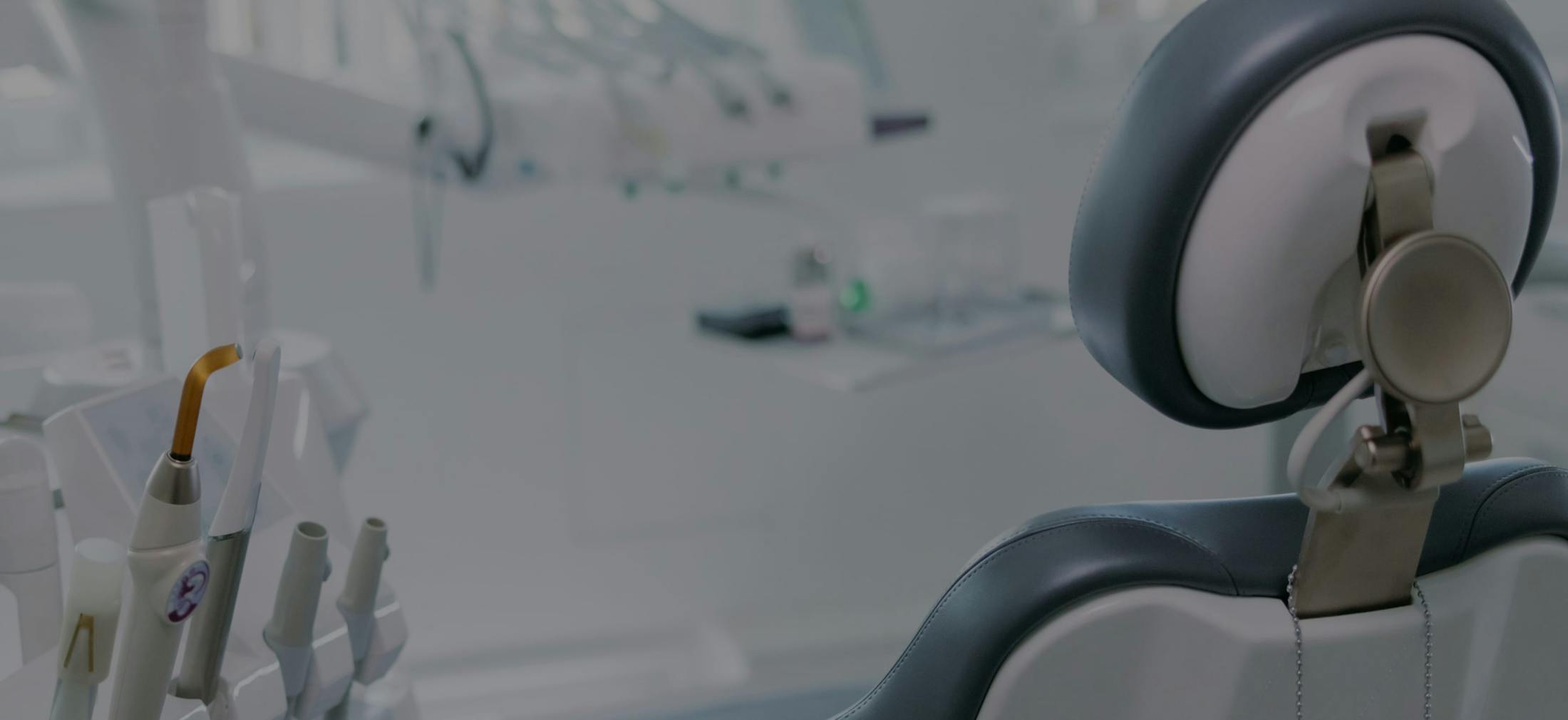Can a Tooth Infection Spread to the Body?
Potential Causes
The underlying cause of tooth infections is bacteria entering your inner tooth via a cavity or a chip in the tooth. The resulting infection can lead to an abscess (pocket of pus) at the tip of the tooth’s root.
The following causes and risk factors increase the chance of infection setting into your tooth and gums:
- Weakened immune system: If you have a weak immune system, your body is less prepared to fight off tooth infections.
- Cracked or chipped tooth: Bacteria can get into cracked or chipped teeth, leading to a tooth infection.
- Damaged dental work: Fillings, crowns, and root canals can become damaged, leaving a crack for bacteria to enter and cause infection.
- Dental cavities: Tooth decay (AKA cavities) can get deep enough that bacteria may seep in and cause infection.
- Dry mouth: Certain medications, dehydration, conventional chlorhexidine mouthwash, sleeping with your mouth open, and old age can lead to dry mouth. Having a dry mouth is a breeding ground for harmful bacteria.
- Excess plaque: Excess plaque can build up if you don’t brush your teeth and floss. Plaque biofilm mainly consists of harmful bacteria, which are also the culprits in tooth infections.
- High-sugar diet: Harmful bacteria feed on sugars and starches in your diet. Limiting your carb intake should slow the growth of oral pathogens and stop tooth decay from opening your teeth up to infection.
- Injury to teeth or gums: If your gums or teeth are damaged — for example, tortilla chips scratch your gums to bleeding, or a glass bottle chips your tooth — harmful bacteria might sneak into the wound and cause infection. (A gum infection may be called periodontal disease, gum disease, or gingivitis.)
- Poor dental hygiene: You should brush your teeth and floss daily to remove plaque on and in between your teeth. Letting plaque run wild can allow bad bacteria into your pearly whites and cause an abscessed tooth. Use prebiotic toothpaste to strengthen your oral microbiome.






